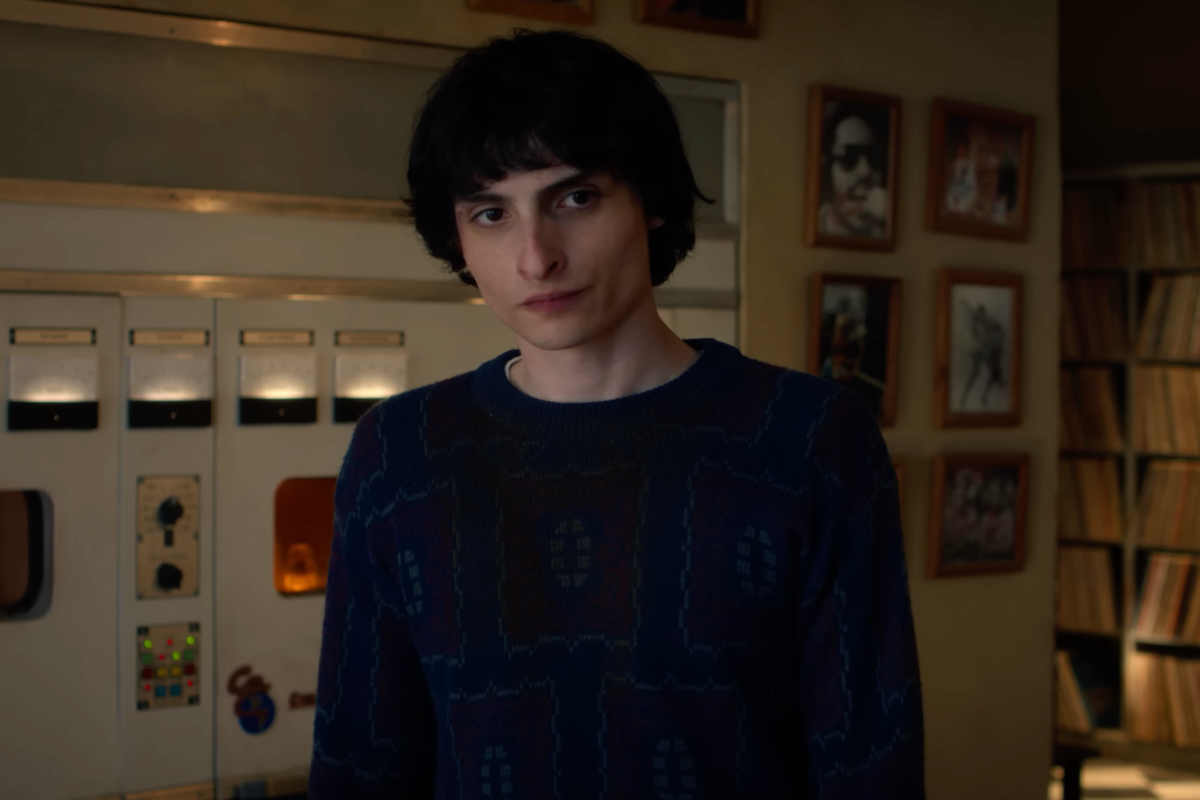It turns out that Zoom meetings might have a negative effect on us all, so says one study.
According to AP, Researchers suggest that video meetings are dampening brainstorming because "we are so hyper-focused on the face in that box that we don’t let our eyes and minds wander as much."
When it comes to brainstorming which relies on creativity, staring doesn't exactly allow our minds to wander. Whether it be staring at yourself (which in itself causes other problems such as Zoom Doom) focusing on one thing can be an issue in the long run.
Researchers said that while it is rude to stare at someone in real life, it’s expected when on a video call.
A study in the journal Nature, however, made another point that when it comes to evaluating new ideas, that focus, at least in one-on-one chats, seems to be beneficial and makes remote meetings slightly better than IRL person chats.
Per the outlet, researchers watched 745 pairs of engineers in five different countries attempt to come up with creative ideas for using a Frisbee or bubble wrap.
"Those in the same room generated on average one more idea, which is about 17% more than those in remote meetings. And those in-person ideas were judged by outside experts to be more creative, the study found," writes AP.
The publication also spoke with Sstudy author Melanie Brucks, an applied psychology professor at Columbia University’s business school, who said that the outcome was expected, but not for the reason she thought.
Initially, Brucks said that she figured it had to be the social and physical distance and that perhaps those on the call just didn’t connect as well or people didn’t know who speaks when.
"But several different tests for social connectedness found that the remote meeting pairs were connecting with each other in the same way as people in the same room," AP noted.
"Then the eyes gave it away."
:They were too focused on specifically the task at hand and that made them narrower in their thinking,” Brucks told AP.
“Faces really matter to our brains and we devote a lot of attention to looking at faces,” said Adam Green, president of the Society for the Neuroscience of Creativity told the outlet. “When we are with someone in person, it is not considered polite to stare directly at their face for an extended period of time.”
Have your say in our news democracy. Click the upvote icon at the top of the page to help raise this article through the indy100 rankings.














